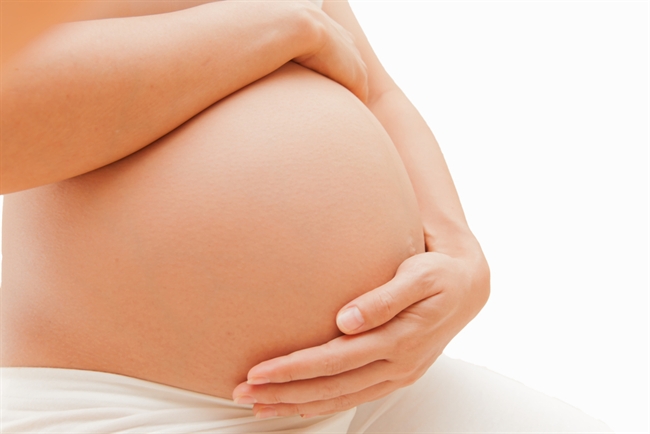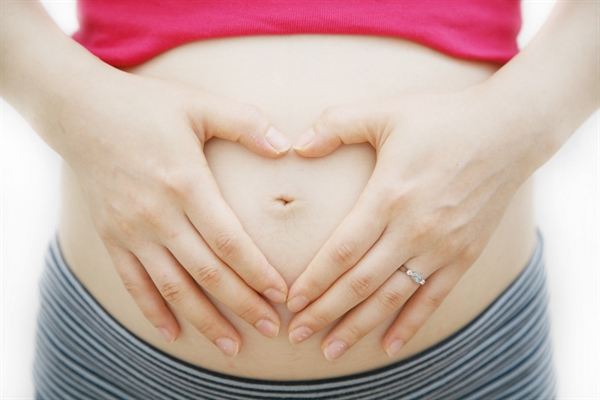Pregnant women who eat a lot of vegetables, fruits and whole grains and drink a lot of water are significantly less likely to have a premature birth, a new study has suggested
Preterm delivery (before 37 weeks) has long been associated with short and long term ill-health in babies and accounts for almost 75 per cent of deaths in newborns. As a result, researchers set out to examine whether a link exists between maternal diet and premature delivery.
During the study which was published last week in the British Medical Journal, researchers from Sweden, Norway and Iceland analysed preterm births among 66,000 women between 2002 and 2008 using data from the Norwegian Mother and Child Cohort Study.
Participants were included on the grounds that they were diabetes free, had given birth to a live single baby and had completed a questionnaire on their diet during the first four to five months of pregnancy.
For the purpose of the study, preterm delivery was defined as being between 22 and 37 weeks, and other factors that may have affected the outcome of the study (such as the mother’s age or history of premature birth) were also taken into account.
Three distinct dietary patterns were identified. These were: ‘prudent’ (vegetables, fruits, oils, water, whole grain cereals, poultry and fibre rich bread), ‘Western’ (salty and sweet snacks, white bread, desserts and processed meat) and ‘traditional’ (potatoes, fish, gravy, cooked vegetables and low fat milk).
Among the 66,000 women in the study, preterm delivery occurred in 3,505 (5.3 per cent) cases.
The team found that women with a ‘prudent’ diet had significant links to reduced preterm delivery risk (especially with women having their first baby), as well as a reduction in the likelihood of spontaneous or late delivery. A ‘traditional’ dietary pattern of boiled potatoes, fish and cooked vegetables was also linked to a significantly lower risk of premature birth.
The ‘Western’ diet was not independently associated with preterm delivery, which the researchers say suggests that increasing the intake of foods associated with the ‘prudent’ diet is more important than totally excluding processed junk food and snacks.
They also say that although their findings did not establish a cause, they do show that ‘diet matters for the risk of preterm delivery, which may reassure medical practitioners that the current dietary recommendations are sound but also inspire them to pay more attention to dietary counselling.’
The researchers concluded that the findings are important as they indicate that ‘preterm delivery might actually be modified by maternal diet’.
Although they cannot establish a cause, they support the advice given to pregnant women to eat a balanced diet rich in fruit and vegetables.
HEALTHISTA RELATED:
Like this article? Sign up to our newsletter to get more articles like this delivered straight to your inbox.













































































































